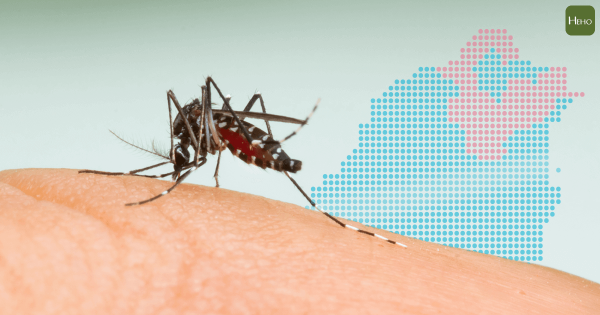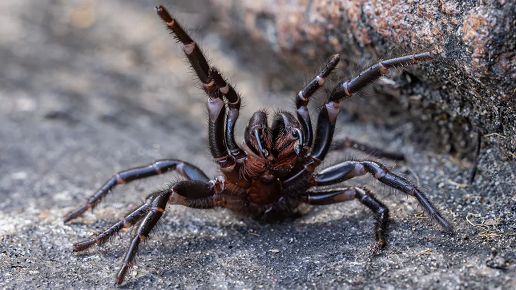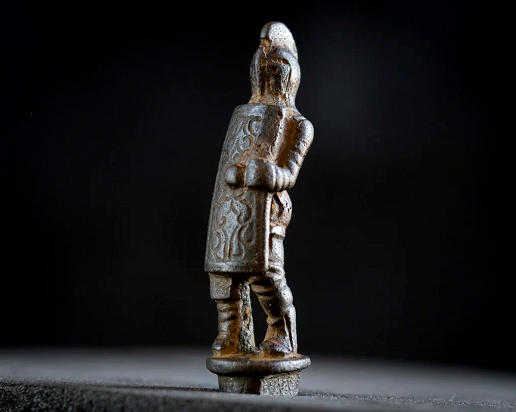The dengue fever outbreak continues to escalate! According to the latest announcement from the Centers for Disease Control (CDC), as of September 30th (from 9/24 to 9/30), there have been 51 new local dengue fever cases nationwide. These cases are concentrated in New Taipei City, with patients ranging in age from their teens to their 80s. Most of them sought medical attention after experiencing suspected symptoms such as fever, nausea, headache, muscle pain, diarrhea, and vomiting. After testing, they were confirmed to be infected with dengue fever.
CDC investigations indicate that most of the cases are concentrated in high-risk areas such as Sanjie Temple and Xingnan Market in Zhonghe District, and Tianshan Park in Xindian District, New Taipei City. These cases belong to the same cluster infection event, with a total of 57 cases reported so far, including 32 in Xindian District, 24 in Zhonghe District, and 1 in Hualien County. Currently, there are no severe cases or fatalities among these patients. The Dengue Fever Outbreak Continues to Escalate! (Photo: Provided by Heho Health)
The Dengue Fever Outbreak Continues to Escalate! (Photo: Provided by Heho Health)
According to CDC statistics, as of September 30th, there have been 223 cumulative local dengue fever cases nationwide and 217 imported cases this year, which is higher than the level during the same period in the past four years. The majority of imported cases originated from Southeast Asian countries, with Indonesia accounting for 88 cases, the Philippines 27 cases, and Thailand 26 cases.
Regarding the impact of climate change on the epidemic's development, Associate Professor Huang Chi-sen from the Department of Earth and Environmental Sciences at the University of Taipei noted that historically, peak periods of dengue fever outbreaks are often associated with water accumulation issues following typhoon events. For instance, after Typhoon Soudelor in 2015, Tainan City recorded 43,419 new cases and 228 deaths within just one to two weeks, setting an all-time high record. With the recent impact of Typhoon Sanba, Taiwan may face heavy rainfall and severe water accumulation, potentially leading to the further spread of the epidemic. By actively cleaning water containers and implementing mosquito prevention measures, the breeding of vector mosquitoes can be effectively controlled. (Photo: Provided by Heho Health)
By actively cleaning water containers and implementing mosquito prevention measures, the breeding of vector mosquitoes can be effectively controlled. (Photo: Provided by Heho Health)
Experts caution that if water is not promptly cleared after a typhoon, the breeding of vector mosquitoes will increase the risk of dengue fever transmission. Therefore, the CDC urges the public to implement the four key anti-mosquito measures—Inspect, Drain, Clean, and Scrub—immediately after a typhoon to ensure that there is no stagnant water around the home and to prevent further spread of the dengue fever epidemic. Actively cleaning water containers and adopting mosquito prevention measures can effectively control the breeding of vector mosquitoes, reduce infection risks, and help protect community health.







